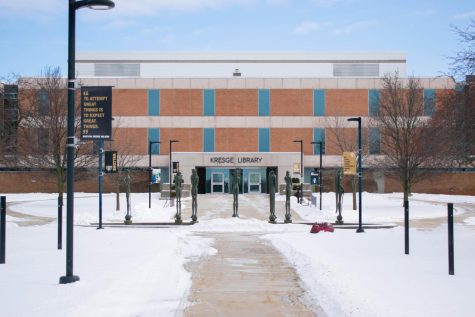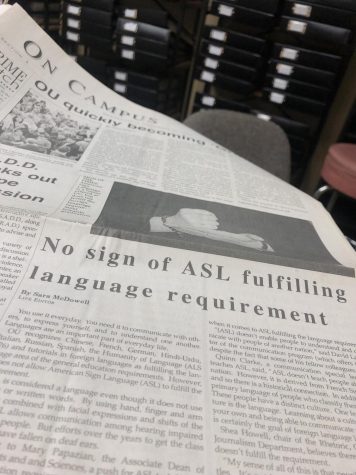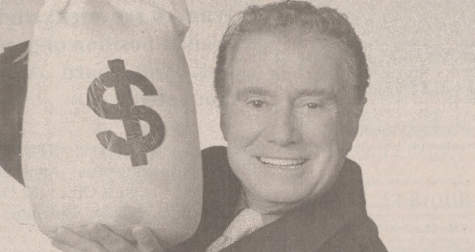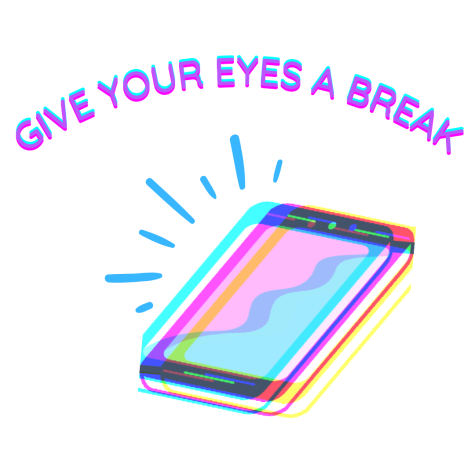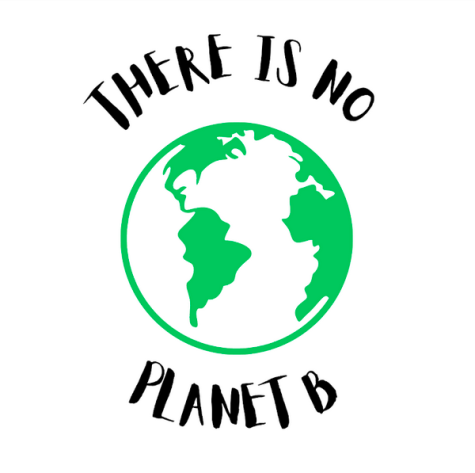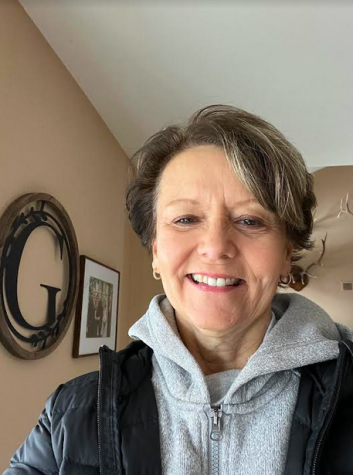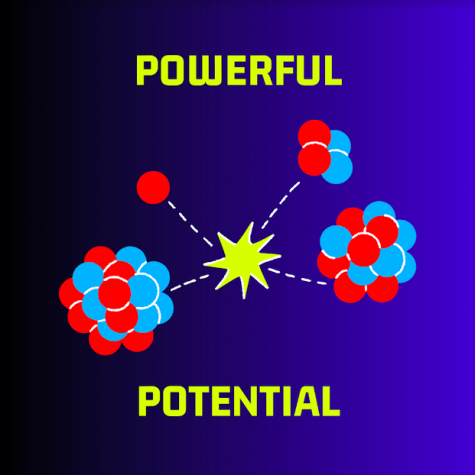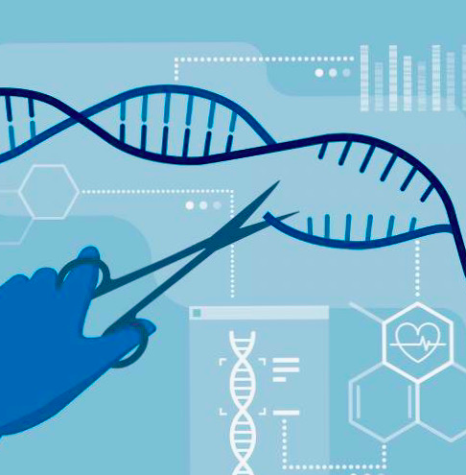Looking Back: Dr. Abdul El-Sayed discusses the intersection between healthcare policy and politics
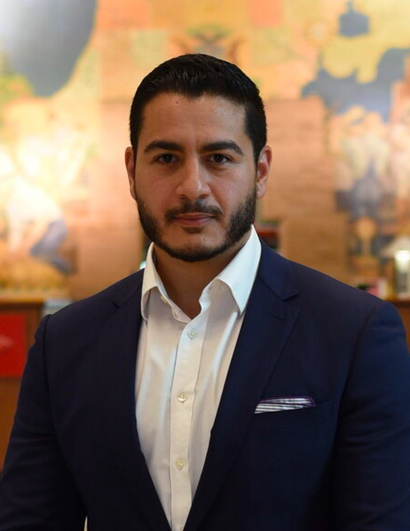
Photo courtesy of Abdul El-Sayed
Dr. Abdul El-Sayed — physician, epidemiologist, author, and former Michigan gubernatorial candidate
Editor’s Note: This article was originally published on Nov. 15, 2021.
This past week, I had the honor of interviewing Dr. Abdul El-Sayed — physician, epidemiologist, author and former Michigan gubernatorial candidate about how healthcare policy and politics intersect, how young people can get involved in reducing healthcare disparities, among other topics.
For the sake of brevity, some of Dr. El-Sayed’s responses are abridged, but the video, including full content, is on our Youtube page and attached to this article.
Here’s part of my conversation with Dr. El-Sayed:
Abdelmessih: To give our readers a little background knowledge about you, you were born and raised in Metro Detroit, graduated from undergrad at the University of Michigan and gave the 2007 commencement speech in front of President Bill Clinton, completed your M.D. at Columbia University, were a Rhodes Scholar… I mean…Wow! What you did and the work you did to get there… it’s remarkable. You clearly have the intellect and ability to excel in any field in medicine. Why did you choose a career in public health?
El-Sayed: My motivation for a career in medicine was in large part because of my grandmother. She was the wisest most intelligent person I’ve ever met but never got to go to school. She grew up in mid-century Egypt, where, at that time, the combination of poverty, misogyny and colonialism robbed her of the opportunity to have an education. Part of the consequence was that she had eight kids. Two died before the age of one. I wanted to be the kind of doctor who could protect kids — kids like them, and people like her.
While there’s some amazing doctors who do amazing work in our healthcare system, unfortunately, the way that we have decided we’re going to allocate medical care is part of the problem in our country. I wanted to be the kind of doctor who worked on the system rather than in the system, which led me to a career in public health, which, of course, is about all of the things outside of clinics and hospitals that make people sick in the first place: the air that they breathe, the water that they drink, the communities that they live in, the way that society allocates resources, whether or not they have a good home that is stable, whether or not they are being policed by overzealous government officials, whether or not they have a community that respects them and protects them, all of those things shape people’s health in ways and
so I wanted to be a part of addressing that.
Abdelmessih: Given your work and educational background, it’s no surprise to you that we’ve just gone through and are still going through one of the most divisive and confusing times in U.S.history when it comes to the intersection of politics and healthcare. In your experience, what is the most profound way that politics, healthcare policy and healthcare delivery intersect from both a positive and a negative perspective?
El-Sayed: Well, we’re living through it. We’re living in a time that is defined by a major pandemic, which is arguably the worst in history, in recorded history. At the same time, while we’ve been able to, amazingly, innovative a vaccine in less than a year, we’re coming up against the fact that one of the oldest technologies is getting in the way, and that’s public trust. Do you trust the people around you? Do you trust the edifices of government? Do you trust the systems of science? Unfortunately, too few people do, and so in some respects, it is amazing that we have a vaccine as fast as we do and it’s also amazing upwards of 30% of adults still haven’t gotten fully vaccinated yet. I think we are watching as policy, politics, and public health collide in a pretty profound way.
Abdelmessih: In your book, “Medicare for All,” you talk about how people organizing to change hearts and minds led to the Supreme Court’s legalization of same-sex marriage in the U.S. How do you change hearts and minds regarding the presence of health disparities in the U.S., and the problems that it presents, and that reducing those disparities is beneficial for society?
I think it’s both easier and harder now, or in this particular case, than in the example that we talked about the book that I think is a really great example of how organizing can really move a public conversation. On the one hand, everybody experiences healthcare, every single person, and you don’t have to go very far to appreciate how our healthcare system fails people whether it’s 67% of all personal bankruptcies in America or just the experience of having to fight your insurance company for healthcare you’ve already thought you’ve paid for.
In the midst of a pandemic, there are big questions about why did our healthcare system fail so immensely, both from the preventive side, on the public health side, and then also on the curative side and the fact that we suffered more deaths per capita than any other country in the world. In some respect, people have their own experiences to draw on, and then the other side, there is a vested interest in maintaining the status quo because it makes people a lot of money, and they will work really hard to push back against any of that organizing through paid advertising and other means of trying to influence public debate.
At the same time, I do think that the example that you brought up, marriage equality, offers us the opportunity to remind ourselves that, actually, we have to keep pushing. In the end, the point that you made about equity is important because, for folks who do have rather relatively reliable health insurance, it would be easy to just step back and say, ‘Well, you know, in a rigged game, I’m winning, and so why should I care about the game?’
I don’t want to live in a society, I don’t think anyone of us should want to live in a society, where we know our sister or our brother doesn’t have access to something as simple and profound and critical as health insurance if they get sick. I think that is the responsibility that we bring to this is to say look for those of us who have power, and are winning in this particular rigged game, we have to ask ourselves whether or not we want to be winners in a broken game, or whether or not we have the responsibility to ally together — all together — to guarantee that access to health insurance and healthcare for every person in our country because it is a right to and because it a right and because it’s the right thing to do.
Abdelmessih: When one hears discussions about the rise of healthcare costs in the media, it is rare to hear how the cost of a professional degree in healthcare has risen sharply in the last 20 years. It can cost well over $500,000 to earn an M.D. or D.D.S degree. Accompanied with this rise in tuition, are the stagnation on reimbursements rates from insurance companies and the rising costs of operating a hospital or private medical or dental practice that have not been proportionate to the rising costs of a healthcare education. Do you think institutions of higher learning and insurance companies play a role in healthcare disparities?
El-Sayed: There’s no doubt the health insurance industry is a big reason why we have the kinds of health disparities that we have in our country. We have a tiered system, where, if you are low income, you get worse healthcare. The reimbursement for the care for your body is lower, which implicitly means that we value that body lower than we value the body of someone had money to pay for a better insurance plan. That is fundamentally inequitable, and it patterns the kind of health care that people get to receive if they get to receive health care at all. Of course, many people in our society, in fact, 10% of our society does not have health insurance, and we cannot forget that.
I do think that the cost of training is an important issue here, and so far I think, you’re seeing a sort of imbalance in the kinds of disciplines that physicians choose after they graduate medical school, because they want to pay down their loans.
Also in your book, “Medicare for All,” and especially reading your books, watching multiple interviews, following you on social media and your campaign to run for governor, through thos platforms, I’ve noticed that you are very intentional with your words. I was pleasantly surprised by a particular choice you made in a sentence in the book. I’ll read it for you if that’s okay. [Book Quote:] “If history is any guide, a serious push for Medicare for All will require a president that makes Medicare for All a significant piece of her platform.” Can you elaborate on the pronoun you used to describe a future president?
El-Sayed: I think it is rather absurd that in a country that reports the values that we do, that we have not yet had a non-male president. I think that that is something that we’re due up for and I do hope that when she is elected she is a supporter of Medicare for All.
Abdelmessih: You are a staunch advocate for young people getting involved in politics and mobilizing societal change. To the young people like myself that are pursuing a career in medicine, healthcare, or any other field that intersects with public health: What, in your view, should we be mindful of when considering the inequity of health and health care in the United States? What tangible things can we do at this stage in our education?
El-Sayed: I think most importantly is be involved and be involved in ways that are thoughtful and focus beyond one’s own career, but are really about advocating for folks who don’t have the same kinds of fortune and the same kinds of opportunity that you do, and that means I think being intentional about building community, beyond the sort of organizing factors of our lives.
We tend to engage with people who are very similar to us. I think one has to be really intentional about saying I’m going to think beyond my own demographic and really try to build communities that are inclusive intentionally. If you can do that, then I think you can harness that experience and that intentionality into the kind of organizing, and the kind of leadership that we need in society.
When it comes to health care, there’s nothing more profound to any individual than their own health. You start taking that away from people, even in small pieces, it becomes overwhelmingly the most important thing that they think about every day. Bringing an empathy for that, and a recognition of what we ought to have, and what we’d want, if we were born in different circumstances, without the same socioeconomic opportunities and if we were born on the wrong side of marginalization in our society, what we would want for society to offer everybody, and to be fighting for those things.




